Keywords: Employment Services
-
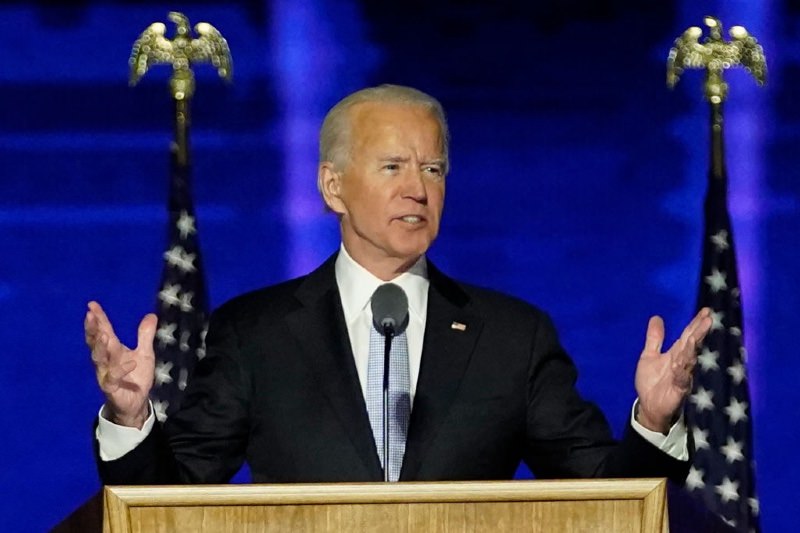
INTERNATIONAL
- Andrew Hamilton
- 19 November 2020
9 Comments
The priority given to the middle class was not new — Biden stressed it in speeches through the primaries and again as a candidate. And it is no doubt important. But when seen in the light of the passionate polarisation of the campaign, the closeness of the results, and the continuing mutual antipathy of the supporters of each party, rebuilding the middle class seems an unlikely source of healing.
READ MORE 
-
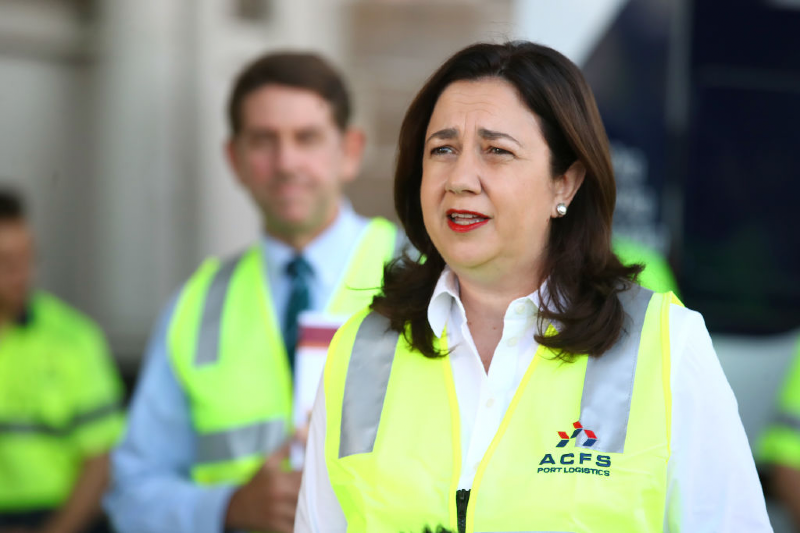
AUSTRALIA
- Leya Reid
- 29 October 2020
Despite the heavy focus on 'hard-hat' professions in our political discourse, Australia’s economy is dominated by its service sectors. If this is Australia’s first service sector recession, why is this not reflected in the focus of our recovery and job creation programs?
READ MORE 
-
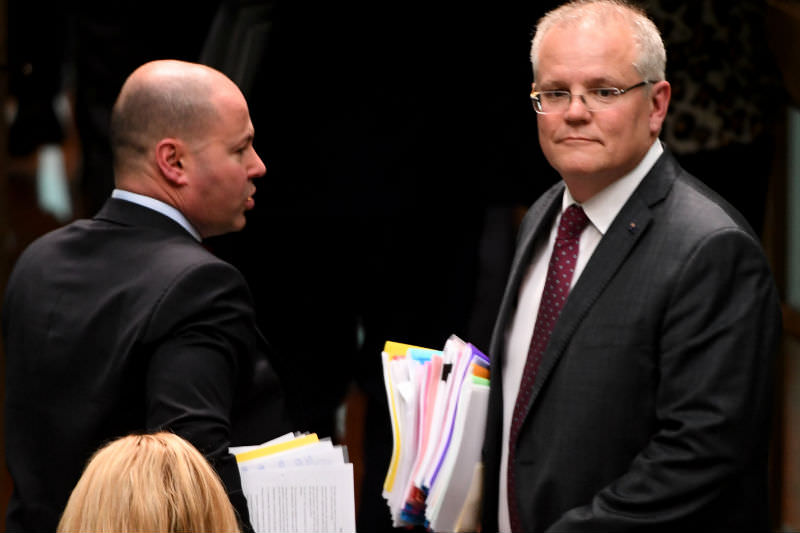
AUSTRALIA
- Andrew Hamilton
- 15 October 2020
8 Comments
The Federal Budget this year coincided with the release of Pope Francis’ Encyclical Fratelli Tutti. Both are preoccupied with the shape that society will take after COVID-19. It is tempting to compare their different approaches.
READ MORE 
-

AUSTRALIA
- Andrew Hamilton
- 01 October 2020
7 Comments
The response to COVID has invited reflection about the relative value of one human death (and so of one human life) as compared with another. This is a radical question because it makes us ask whether the value of a human life is defined by economic wellbeing and by potential contribution to the economy, or by deeper qualities.
READ MORE 
-
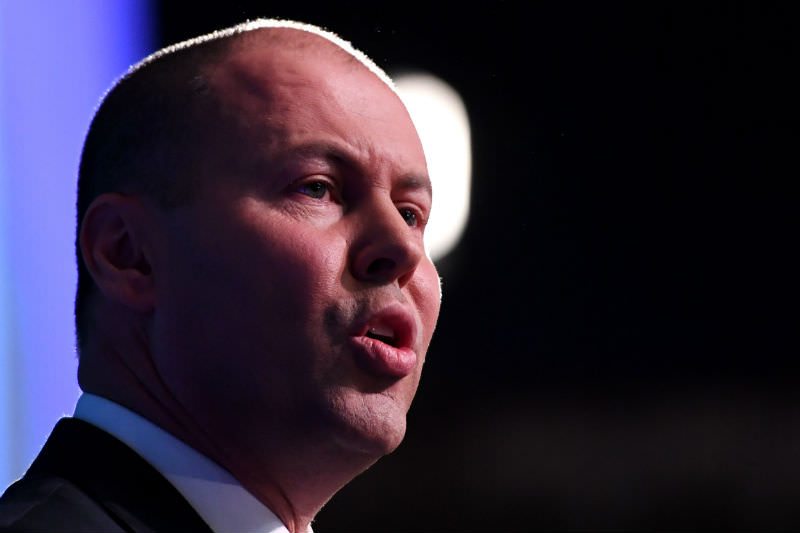
ECONOMICS
- Joe Zabar
- 24 September 2020
3 Comments
The havoc COVID-19 has wreaked on our economy has been less damaging than for some other countries. While international comparisons may help us feel better about our circumstances, the reality is that Australia’s economy is in trouble and will need more than economic first aid through measures like JobKeeper to get us back on track to recovery.
READ MORE 
-

AUSTRALIA
- Binoy Kampmark
- 08 September 2020
11 Comments
The Buhler arrest stirred a range of responses from across the political divide, many troubled. Legal representatives and human rights advocates were similarly disturbed by what they regarded as a lack of proportion and restraint in police action.
READ MORE 
-

AUSTRALIA
- Izabella Antoniou
- 03 September 2020
11 Comments
Beyond the announcement of the corona supplement falling from $550 to $250 a fortnight in September, and the reintroduction of asset testing, there has been little in the way of a roadmap for our nation’s unemployed in a landscape where job seekers outnumber jobs 13:1.
READ MORE 
-

ECONOMICS
- Andrew Hamilton
- 13 August 2020
6 Comments
Amid the disruption of predictable life wrought by the coronavirus, governments have focused on jobs. Jobs lost in the response to the virus, and jobs created as we emerge from the crisis. The focus is worthy — behind each job lost is a person whose life has become anxious and uncertain. The language, however, is concerning. Defining the challenge as one of creating jobs expresses an understanding of work, the inadequacy of which the coronavirus has laid bare.
READ MORE 
-

ECONOMICS
- Bree Alexander
- 09 July 2020
3 Comments
What then, does the case for full employment look like? This is not just an economic question, but too of having access to a decent wage that allows all people to live a decent life.
READ MORE 
-
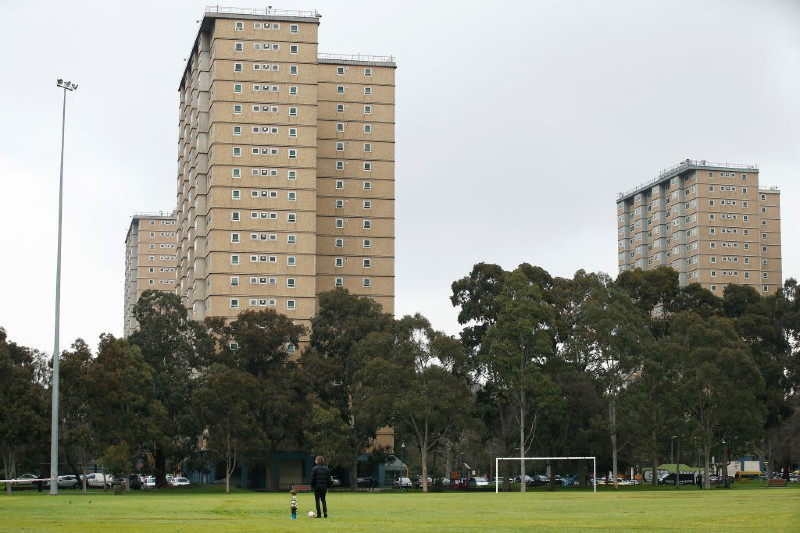
AUSTRALIA
- Joshua Lourensz
- 07 July 2020
7 Comments
Many of us, of course including residents of the towers, understand the exceptional response that COVID-19 has required, and that these lock downs form a part of the response. But when the situation has meant that people must, unless there are exceptional personal or medical grounds, remain house-bound for at least five days, we must be careful in the way we go about caring for the health of people.
READ MORE 
-
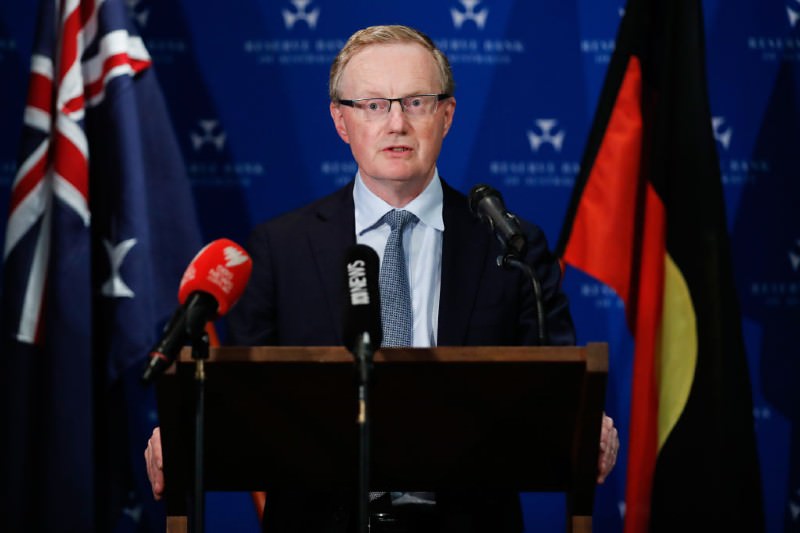
ECONOMICS
To date, most of the Morrison government’s economic packages could best be described as ‘economic welfare’. They are measures designed to limit the impact on the economy of the COVID-19 pandemic. The recovery phase will very much need to be about stimulating the Australian economy.
READ MORE 
-

ARTS AND CULTURE
- Bree Alexander
- 27 April 2020
4 Comments
The arts and entertainment industry requires a sector-specific bailout created in consultation with a broad cross-section of arts professionals that considers measures for both the shut down and rebuilding. The reality is it cannot simply start up again once lockdown measures lift without support.
READ MORE 